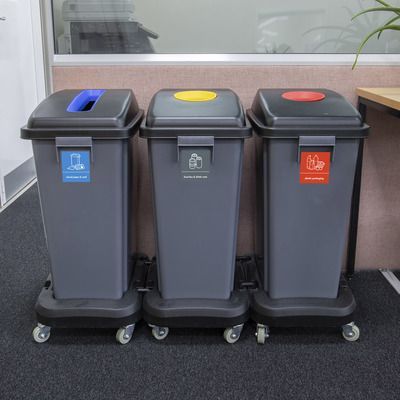Follow Us
Get in touch
Spectrum Cleaning Solutions, Londesborough Road Business Park, Scarborough, North Yorkshire
Phone: 01723 373 509
Opening hours
Monday - Thursday: 8:30 -17:00
Friday: 8:30-16:00
Saturday - Sunday: Closed
The Costly Consequences of Unpleasant and Unhygienic Washrooms
The Costly Consequences of Unpleasant and Unhygienic Washrooms
Recent research indicates that British businesses face significant consequences when their washrooms are smelly and unclean, as negative reviews can cause a considerable drop in Tripadvisor ratings for hospitality establishments, averaging one full star.
Analyzing over 80,000 Tripadvisor reviews of 200 hospitality venues across the UK, the survey discovered that 92% of respondents have encountered unpleasant odors in public washrooms, with 78% expressing that this would discourage them from revisiting the same place. On the other hand, 76% revealed that a positive washroom experience would increase their likelihood of spending money at a business.

The primary factors leading people to avoid public washrooms were perceived uncleanliness and dirty toilets (68%), unpleasant smells (62%), the presence of human waste on the floor (52%), wet floors (47%), and a lack of soap (41%).
When asked to identify the types of businesses that generally offer the highest-quality public washroom facilities, hotel accommodations ranked the highest (47%), followed by banks and estate agents (9%). High street restaurants (30%), local pubs (23%), and bars (20%) were found to be lagging behind in this aspect.
The post The Costly Consequences of Unpleasant and Unhygienic Washrooms appeared first on Spectrum.



Opening Hours
Monday - Thursday: 8:30 -17:00
Friday: 8:30-16:00
Saturday - Sunday: Closed
Get in Touch
Spectrum Cleaning Solutions, Londesborough Road Business Park, Scarborough, North Yorkshire
Phone: 01723 373 509
Spectrum Cleaning Solutions Limited is a registered business in England & Wales under company number 04687668.
Registered company address: Units 9 & 10 Londesborough Road Business Park, Londesborough Road, Scarborough, North Yorkshire, England, YO12 5AF.